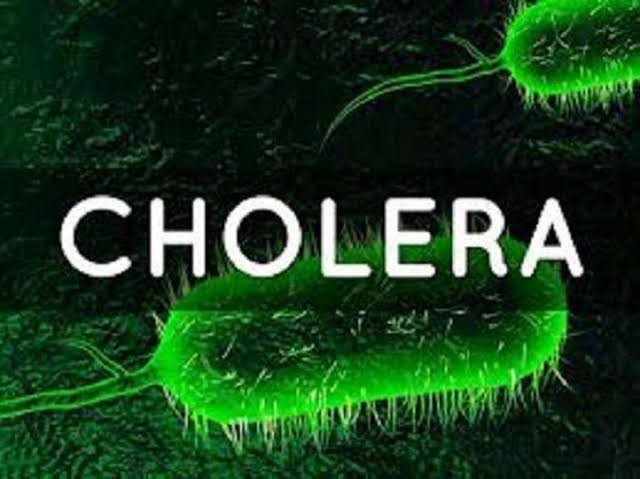Ms Jane Bevan, UNICEF Chief of Water, Sanitation and Hygiene (WASH) has called on all states to strengthen their coordination toward reducing cholera cases in their vicinity.
Bevan told the News Agency of Nigeria on Wednesday in Abuja that it was crucial for states to prioritise coordination, as reports of continued cases was worrisome and needed urgent interventions.
She said as the rainy season approaches, efforts must be geared toward reducing mortality that may occur from cholera outbreaks.
According to her, UNICEF has been supporting the Federal Ministry of Water Resources to coordinate cholera response, as this has led to training for states that recorded outbreaks of cholera in 2021.
“We have had a big training in key states where we have had cholera outbreaks and each team in the states have gone back to develop cholera response plan and coordination.
“In spite of this, we have seen cases rising in states where it is already raining like Bayelsa and Cross River, so there is a problem, sadly, Cross River and Bayelsa were not part of cholera priority states.
“We need to approach those states to assess their challenges, whether it is in coordination with their response and support them now as soon as possible.
“We have to make sure that the cases do not rise to something very significant.’’
According to Bevan, the role of a clean environment and consumption of safe water cannot be over-emphasised in cholera prevention, as it plays a huge role in curtailing the spread of diseases.
“The cases are in the environment, it will always happen whenever there is rainy season, as long as good sanitation and hygiene is not followed through and as long as safe water is not drunk
“We have to manage it and deal with it, the question is how quickly can we respond.’’
She said all states need to have clear coordination and response plans to manage emergency situations.
“When such emergencies happen, they can quickly grab it and see who needed to be contacted, what responses to be given in terms of clean water.
“This also includes what actions needed to be taken to sensitise people on safe water use and hygiene behaviours to minimise the spread of the outbreak.’’
On behaviour change, Bevan said Nigerians ought to cultivate the behaviour of handwashing, as it was one of the simplest and effective ways to halt disease occurrence.
Read also: Lagos househelp absconds with employer’s N13.9m cash, jewellery one week after resumption
She, however, said UNICEF was working on behaviour change promotion campaigns to encourage Nigerians to imbibe hand washing at critical times.
“We have a challenge in Nigeria, because everyone knows what they should be doing, but they are not doing it.
“Everyone knows that they should be washing their hands before eating, after using the toilets, but they are not doing it.
“At the moment, we are working on behaviour change promotion, its a big nut to crack, how many children needs to die before we can be encouraging everyone to wash their hands.
“The kids that get these cholera diseases are all under-fives, we are losing children to diaorrhea diseases that could be prevented with simple and effective practice of hand washing.’’ (NAN)



Leave a Reply